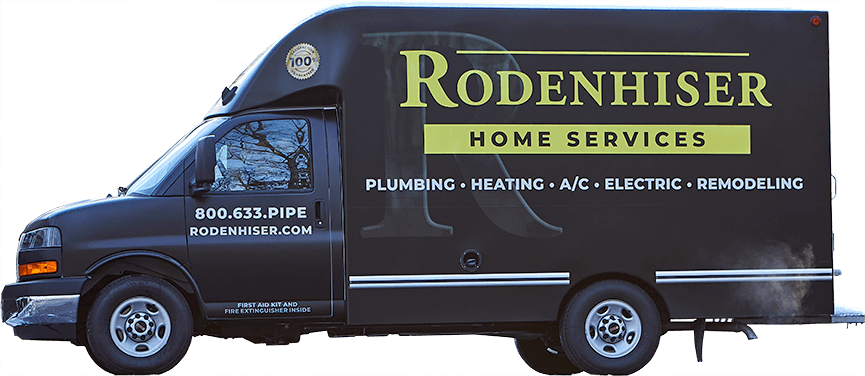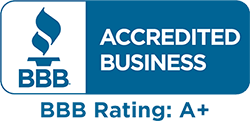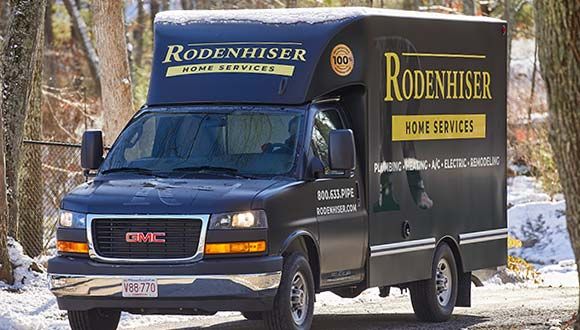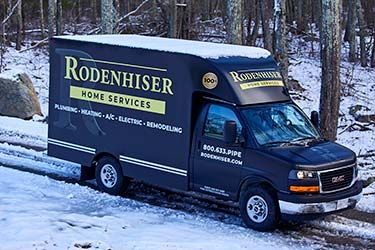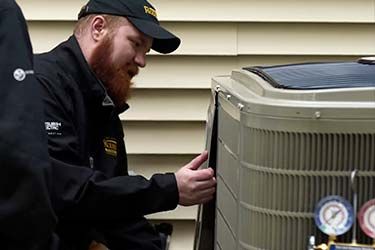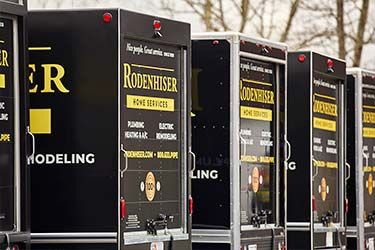Have You Crossed Air Conditioner Maintenance Off Your Spring To-Do List? Better Tend to It Now
Zoning Systems Offer Low-Cost Solution to Home Comfort Problems
 How can you tell if your home could benefit from a zoning system? The comfort level of home occupants and your energy bills are just two ways you can answer that question.
How can you tell if your home could benefit from a zoning system? The comfort level of home occupants and your energy bills are just two ways you can answer that question.
Thinking About Switching to Solar? A Guide to the Basics
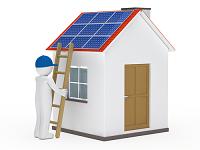 With the steady growth of renewable energies powering more commercial and residential buildings, the need to understand exactly how they work has never been more clear. If you’re thinking about switching to solar, here’s what you need to know about the components employed in the average residential system, as well as a primer on how the components come together to generate electricity from solar power.
With the steady growth of renewable energies powering more commercial and residential buildings, the need to understand exactly how they work has never been more clear. If you’re thinking about switching to solar, here’s what you need to know about the components employed in the average residential system, as well as a primer on how the components come together to generate electricity from solar power.
Retrofitting Your Home With Geothermal? 3 Factors You Can’t Afford to Ignore
 Are you retrofitting your home with geothermal heating and cooling? If so, you’re set to benefit from the free, renewable energy that geothermal systems source from under the ground.
Are you retrofitting your home with geothermal heating and cooling? If so, you’re set to benefit from the free, renewable energy that geothermal systems source from under the ground.
Ventilating Fans: Types to Use, Benefits and Sizing
 Ventilating fans often don’t receive the attention they deserve — unless they're installed incorrectly and/or break down. Working quietly behind the scenes, ventilating fans route odors and moisture out of the home — moisture that might otherwise result an uncomfortable home environment, mildew and mold growth and poor indoor air quality.
Ventilating fans often don’t receive the attention they deserve — unless they're installed incorrectly and/or break down. Working quietly behind the scenes, ventilating fans route odors and moisture out of the home — moisture that might otherwise result an uncomfortable home environment, mildew and mold growth and poor indoor air quality.
Using Tankless Water Heaters Lowers Energy Costs
Installing New HVAC Equipment? A Load Calculation Comes First
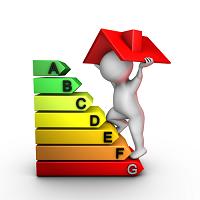 Two important reasons exist for conducting a load calculation prior to installing new HVAC equipment. Whether you’re purchasing a new air conditioner or heat pump, performing a load calculation helps your installer select the right size of system in terms of capacity, and it gives you the opportunity to improve home efficiency in order to select a smaller system.
Two important reasons exist for conducting a load calculation prior to installing new HVAC equipment. Whether you’re purchasing a new air conditioner or heat pump, performing a load calculation helps your installer select the right size of system in terms of capacity, and it gives you the opportunity to improve home efficiency in order to select a smaller system.
Is Duct Cleaning on the Agenda? Your Contractor Will Use These Tools
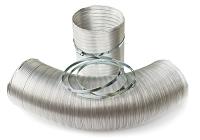 Homeowners planning to schedule duct cleaning are wise to carefully select the technician with whom they’ll work.
Homeowners planning to schedule duct cleaning are wise to carefully select the technician with whom they’ll work.
A/C Replacement on the Horizon? A Checklist of Tasks to Perform
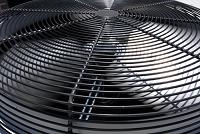 Is your existing air conditioning system aging and inefficient? An A/C replacement will boost comfort in your home and lower energy bills, as new cooling systems achieve higher seasonal energy efficiency ratio (SEER) ratings and employ features that drive comfort and savings.
Is your existing air conditioning system aging and inefficient? An A/C replacement will boost comfort in your home and lower energy bills, as new cooling systems achieve higher seasonal energy efficiency ratio (SEER) ratings and employ features that drive comfort and savings.

